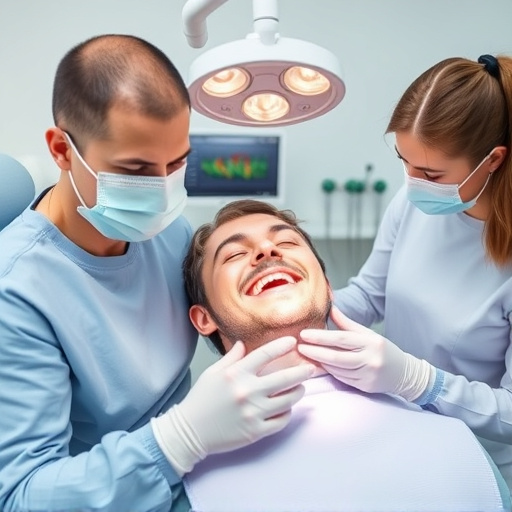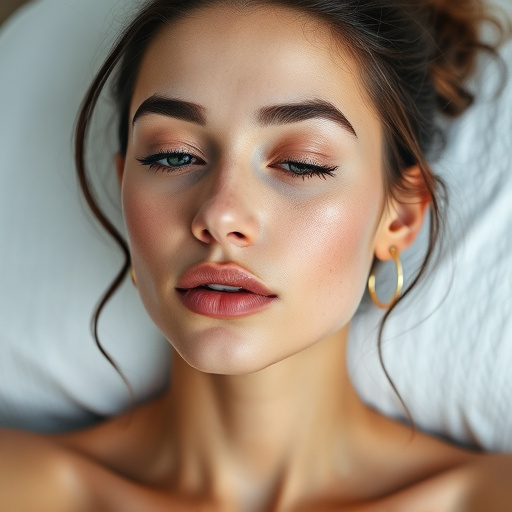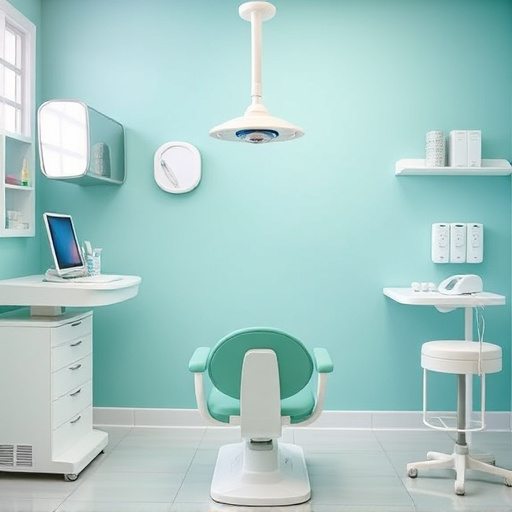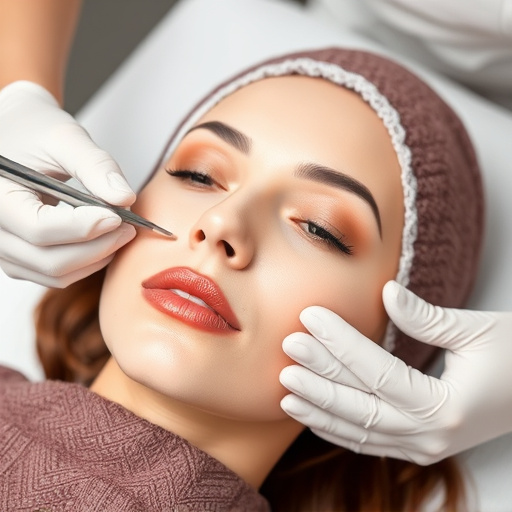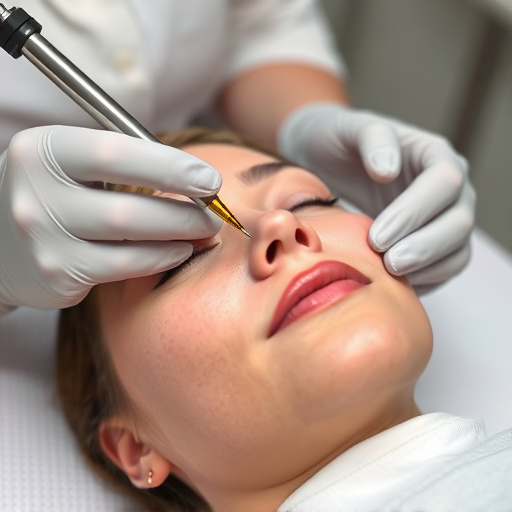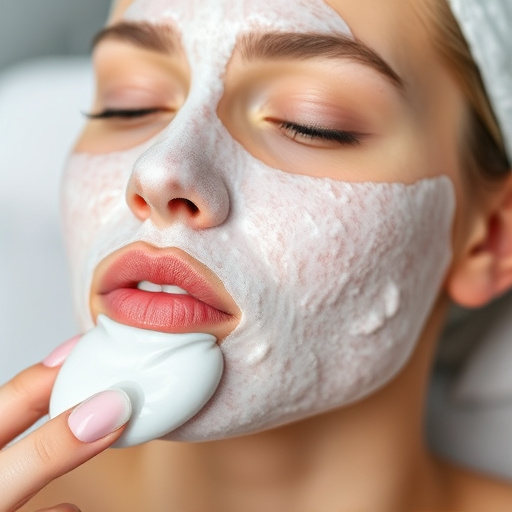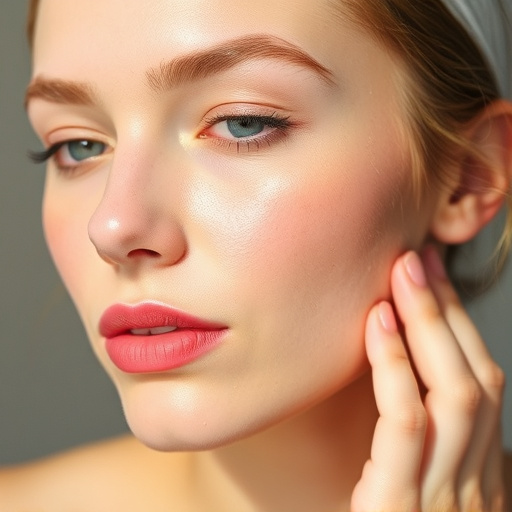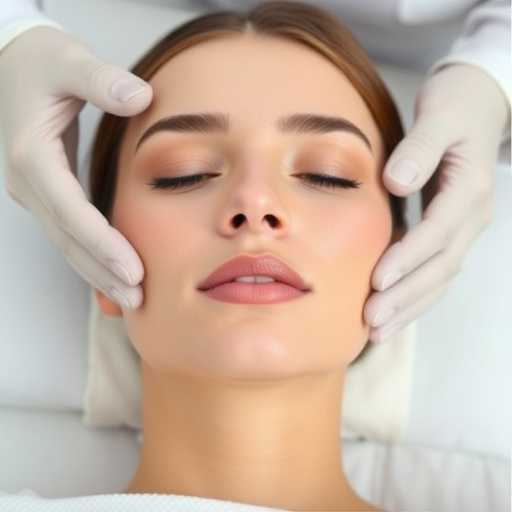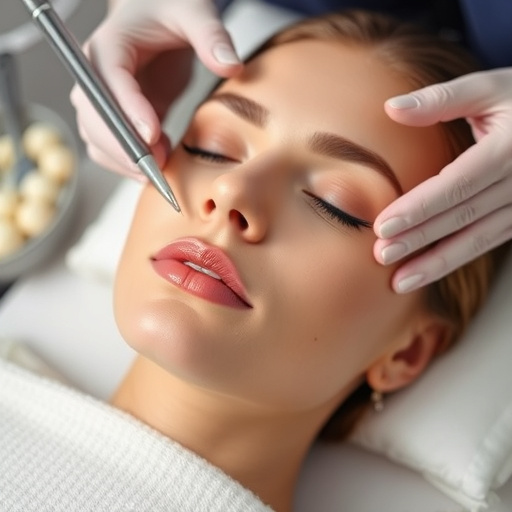Teenage acne is a common issue influenced by hormones, genetics, diet, stress, and skincare. It forms due to clogged pores from excess oil, dead skin, and bacteria. Effective teenage acne treatment involves understanding triggers, adopting gentle routines, using non-comedogenic products, and maintaining a balanced diet. While quick fixes offer temporary relief, consistent, patient care with professional guidance is key for long-term healthier skin.
“Navigating the tricky waters of teenage acne treatment involves understanding its root causes, as well as avoiding common pitfalls. This article delves into the essence of teenage acne, clarifying hormonal changes from other triggers. We expose the typical mistakes teens make during treatment, such as misusing medications or neglecting skincare routines. Armed with knowledge on healthy habits like balanced diets, stress management, and proper cosmetic use, teens can effectively manage their acne.”
- Understanding Teenage Acne and Its Triggers
- – Defining teenage acne and its common causes
- – Differentiating between hormonal changes and other factors
Understanding Teenage Acne and Its Triggers
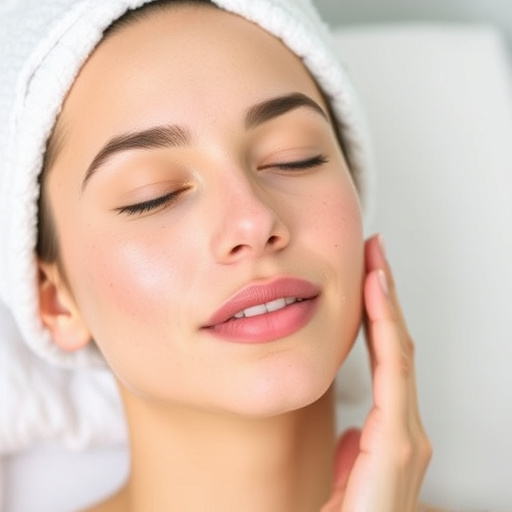
Teenage acne is a common and often challenging condition that many teens face during their formative years. Understanding what causes it is the first step in effective teenage acne treatment. Acne forms when pores become clogged with excess sebum, dead skin cells, and bacteria. This can be triggered by various factors such as hormonal changes, genetics, diet, stress, and certain skincare products. Unluckily, picking at pimples or using harsh cleansers can worsen the situation, leading to inflammation and potential scarring.
To navigate this journey towards clearer skin, teens should focus on gentle skincare routines. This involves cleansing gently without stripping the skin of its natural oils, using non-comedogenic products, and avoiding touching or scratching the face. Additionally, maintaining a balanced diet rich in fruits and vegetables can help support overall skin health. While quick fixes like skin tightening or pore refinement procedures might be tempting, they are not long-term solutions and could potentially cause further damage. Instead, teens should embrace patient, consistent care for healthier, brighter (skin brightening) and clearer complexions.
– Defining teenage acne and its common causes
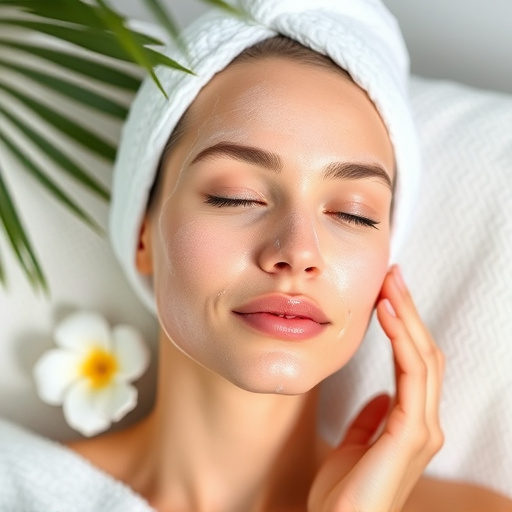
Teenage acne is a common skin condition affecting adolescents and young adults, characterized by redness, inflammation, and the formation of pimples or cysts. It’s primarily triggered by hormonal fluctuations during puberty, leading to increased sebum production and blocked pores. This can be exacerbated by factors like stress, certain foods, and environmental pollutants. Understanding these causes is a crucial step in navigating the best teenage acne treatment options for clear and healthy skin.
While there are various facial treatments available, it’s essential to avoid extreme measures or procedures that could cause further irritation or permanent damage. For instance, harsh scrubbing or picking at pimples can lead to scarring. Instead, consider gentle cleansing, proper moisturizing, and over-the-counter medications containing ingredients like benzoyl peroxide or salicylic acid. In severe cases, consulting a dermatologist might be beneficial to explore options such as microneedling therapy or targeted prescription treatments.
– Differentiating between hormonal changes and other factors
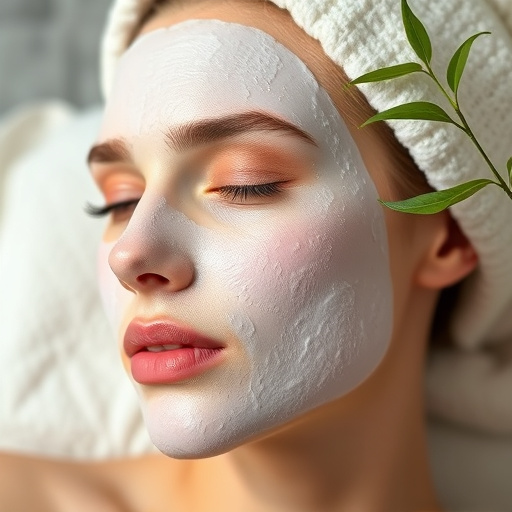
Teenage acne is often a result of hormonal changes, but it’s crucial to differentiate between these natural developments and other potential causes. While hormones play a significant role in acne formation, especially during puberty, various factors can contribute to skin issues. Stress, certain medications, dietary choices, and even environmental factors like pollution can trigger or exacerbate acne. Understanding these distinctions is essential for effective teenage acne treatment.
For instance, while hormonal fluctuations are beyond one’s control, adopting healthy habits like a balanced diet, regular exercise, and adequate sleep can significantly impact skin health. In contrast, seeking professional advice for potential medical causes or exploring specific anti-aging treatments (a common interest as teens mature) might be necessary to address more complex acne concerns. Remember, proper skincare routines and expert guidance are key components of successful teenage acne treatment.
While treating teenage acne, it’s crucial to avoid certain pitfalls. Over-scrubbing skin, using harsh chemicals, and skipping professional guidance can exacerbate the condition. Remember, teenage acne treatment requires a balanced approach that considers both external factors and internal hormonal changes. Stick to gentle skincare routines and consult dermatologists for tailored solutions to effectively manage and prevent scarring.

